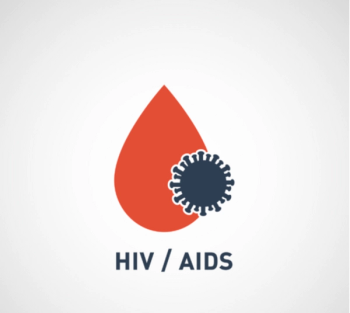
PrEP therapy has revolutionized HIV treatment by protecting patients who are high risk for acquiring the virus.

PrEP therapy has revolutionized HIV treatment by protecting patients who are high risk for acquiring the virus.
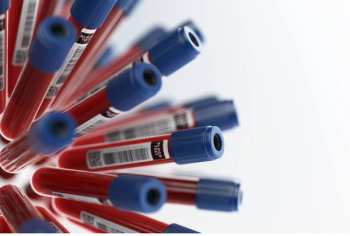
PrEP use has been associated with lowering HIV infections worldwide, however use of the treatment alone is not sufficient to prevent HIV from spreading.

Cabotegravir is the only current HIV-1 PrEP medication that does need to be taken daily.

A panel of experts discuss the role of PrEP in HIV prevention with a focus on current and newly approved options.
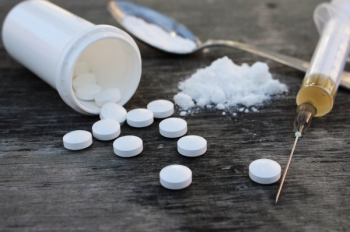
PrEP involves taking emtricitabine/tenofovir (Truvada or Descovy) to prevent high-risk individuals from contracting HIV.
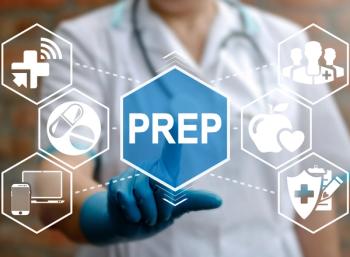
Effective pre-exposure prophylaxis limits the additional price that payers should be willing to pay for the pre-exposure prophylaxis, investigators say.
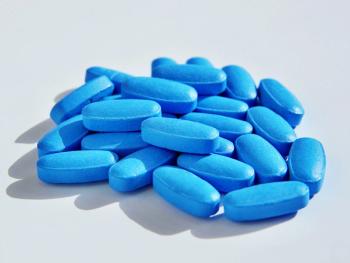
These findings suggest people with indications for PrEP may confront an access barrier if they live in a state that restricts scope of practice, according to the study.
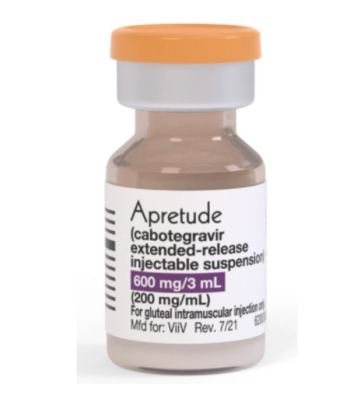
Cabotegravir (Apretude) is indicated for pre-exposure prophylaxis to reduce the risk of sexually acquired HIV-1 infection.

The long-acting antiretroviral therapy is intended to replace antiretroviral regimens for individuals who are virologically suppressed.
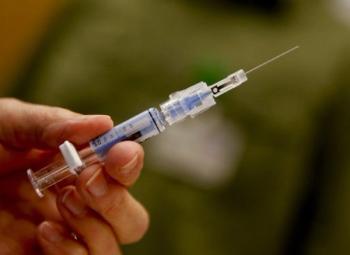
In this video, Dr. Sherman recommends strategies for solving drug therapy related problems common to long-acting antiretroviral agents, such as missed doses, adverse drug reactions and drug–drug interactions.
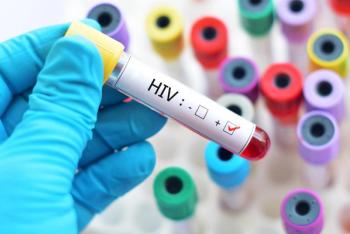
In this video, Dr. Sherman explains the recent data surrounding the right candidates for long-acting cabotegravir for HIV prevention.
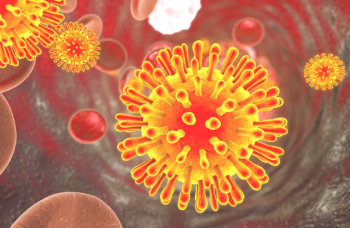
In this video, Dr. Sherman describes the pharmacology and pharmacokinetics of cabotegravir and rilpivirine as long acting injectable antiretroviral therapy agents.

In this video, Dr. Sherman describes what pre-exposure prophylaxis is and how long-acting injectable antiretroviral agents can help to prevent HIV and may even improve adherence.

Study results show that those who completed CBT-AD sessions were more than 2.5 times more likely to achieve undetectable viral loads than those who underwent the usual care.

Ten quiz questions to assess your knowledge on common symptoms and treatments for HIV.
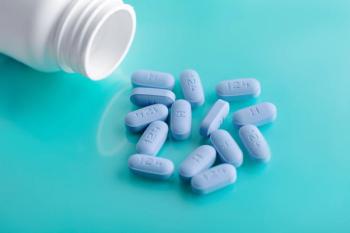
Receipt of PrEP education or prescription relies heavily on a provider’s discretion, which can be subject to social biases.
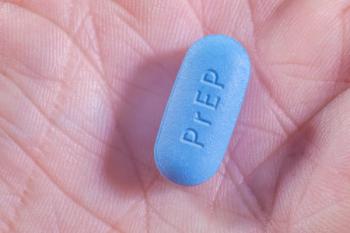
In order to handle workflow disruptions, it is essential to train technicians and other staff to incorporate them into the patient care process and to manage paperwork and other related tasks.

Pharmacists working in the community setting are practicing public health pharmacy practice on a daily basis, but probably just didn’t have a name for it.

Harry Webster, RPh, a registered pharmacist at Walgreens and a member of the LGBTQIA+ community, discusses the impact of stigma associated with PrEP and HIV on patients seeking to treat or prevent HIV.

Collaborative efforts between patients, physicians, pharmacists, and other essential personnel can further promote the effectiveness of PrEP regimens.

Brad McElya, PharmD, director of specialty health solutions at Walgreens, discusses the critical role pharmacists play in providing HIV prevention drugs in communities across America.
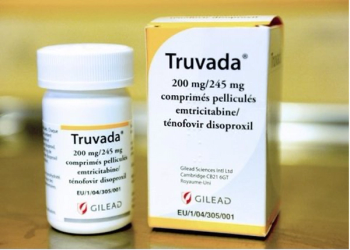
Truvada is a medicine people at risk for HIV should take to prevent infection with the virus from various ways, such as sex or injection drug use.
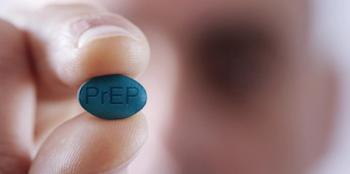
A generic TDF/FTC costs as low as $30 per month, compared with about $1800 per month for branded TAF/FTC

Despite the fact that 98% of the survey respondents said they were aware of PrEP, less than 25% were currently taking it.

The sNDA seeks to expand the label of cabotegravir and rilipivirine to include dosing of every 2 months for the treatment of HIV-1 infection in virologically suppressed adults (HIV-1 RNA less than 50 copies per milliliter) on a stable regimen.